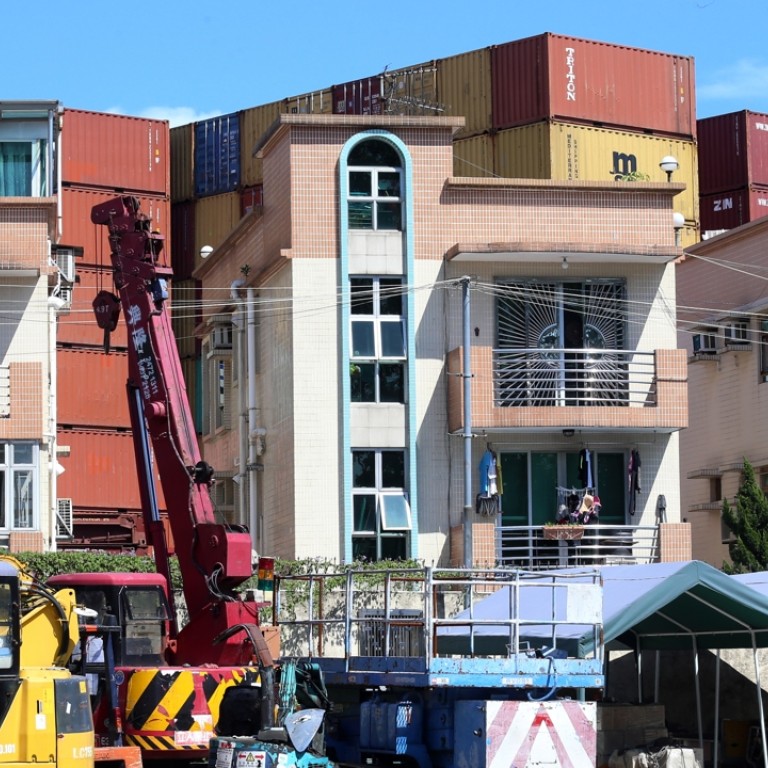
Time to thoroughly overhaul Hong Kong’s small-house policy and root out those who abuse it
John Chan says the sale of small-house building rights to developers often involves deception by indigenous villagers, and this unfair privilege must not be allowed to continue
The recent conviction of a developer of small “ding” houses in the New Territories and 11 indigenous male inhabitants sparked a strong reaction from the Heung Yee Kuk, the body which represents the interests of indigenous inhabitants in the New Territories.
The kuk sees the right to build and sell ding houses as a customary right protected by the Basic Law and has vowed to fight against the criminalisation of the sale of “ding rights” to developers, not ruling out seeking a National People’s Congress Standing Committee interpretation of the Basic Law to achieve their objective.
READ MORE: Abused small-house policy in Hong Kong needs judicial scrutiny
The small-house policy dates back to 1972 when the New Territories was still predominantly rural. Under the policy, a male aged 18 or above descended from a resident of one of the 550 recognised villages – identified by Indian surveyors of the British Army in 1899-1902, after Britain took over the New Territories from Qing China in 1898 – may apply once during his lifetime for permission to erect a ding house for his own use. He can either apply for a free building licence to construct a three-storey dwelling with a floor area of 700 square feet per floor on his own land, or apply for a grant of land from the government to build it.

There is no way of knowing how many outstanding applications have been filed with false declarations
Some have claimed that the policy of giving privileged housing rights to male indigenous inhabitants has turned into an endowment, simply handing lavish wealth to these men when they cooperate with the developers and sell their rights.
Such houses can only be sold after the owner of the ding has finished construction of the house, completed the formality of paying additional premiums, complied with all other conditions in the building licence or the land grant, and obtained from the government a certificate of compliance.
The element of illegality in the sale of ding rights is as follows: when applying for the granting of a building licence, the indigenous male inevitably needs to make a false declaration stating that he is applying to build a ding house on his own land and that he has not made any agreement or promise to dispose of his rights, when in fact he is not the beneficial owner of the land on which the house is to be built, and a secret agreement already exists with the developer for the disposal of the house long before the application is submitted to build it.

READ MORE: Rights and wrongs: Hong Kong’s small-house policy for indigenous villagers is outdated and unfair
A study by think tank Civic Exchange published last year showed that the 90,000-odd applications, when approved, would require at least 11 to 12 sq km of extra land, or 1 per cent of Hong Kong’s total land area. There is no way of knowing how many of these outstanding applications have been filed with false declarations. What we do know is that, by comparison, the total land sold by the Hong Kong government in the year 2014-15 was not more than 0.35 sq km. Surely we cannot allow the use of the city’s precious land resources for private gain through illegal means.
One of the colonial officials who masterminded the 1972 policy, former chief secretary Sir David Akers-Jones, said in 2012 that there was a need to put an end to the policy as there would not be sufficient available land in the New Territories to allow all the indigenous males to exercise their right.
Clearly, it is time for a thorough review of this faulty policy. At the same time, the outstanding applications must be examined with microscopic scrutiny to screen out the false declarations.
John Chan is a practising solicitor and a founding member of the Democratic Party

